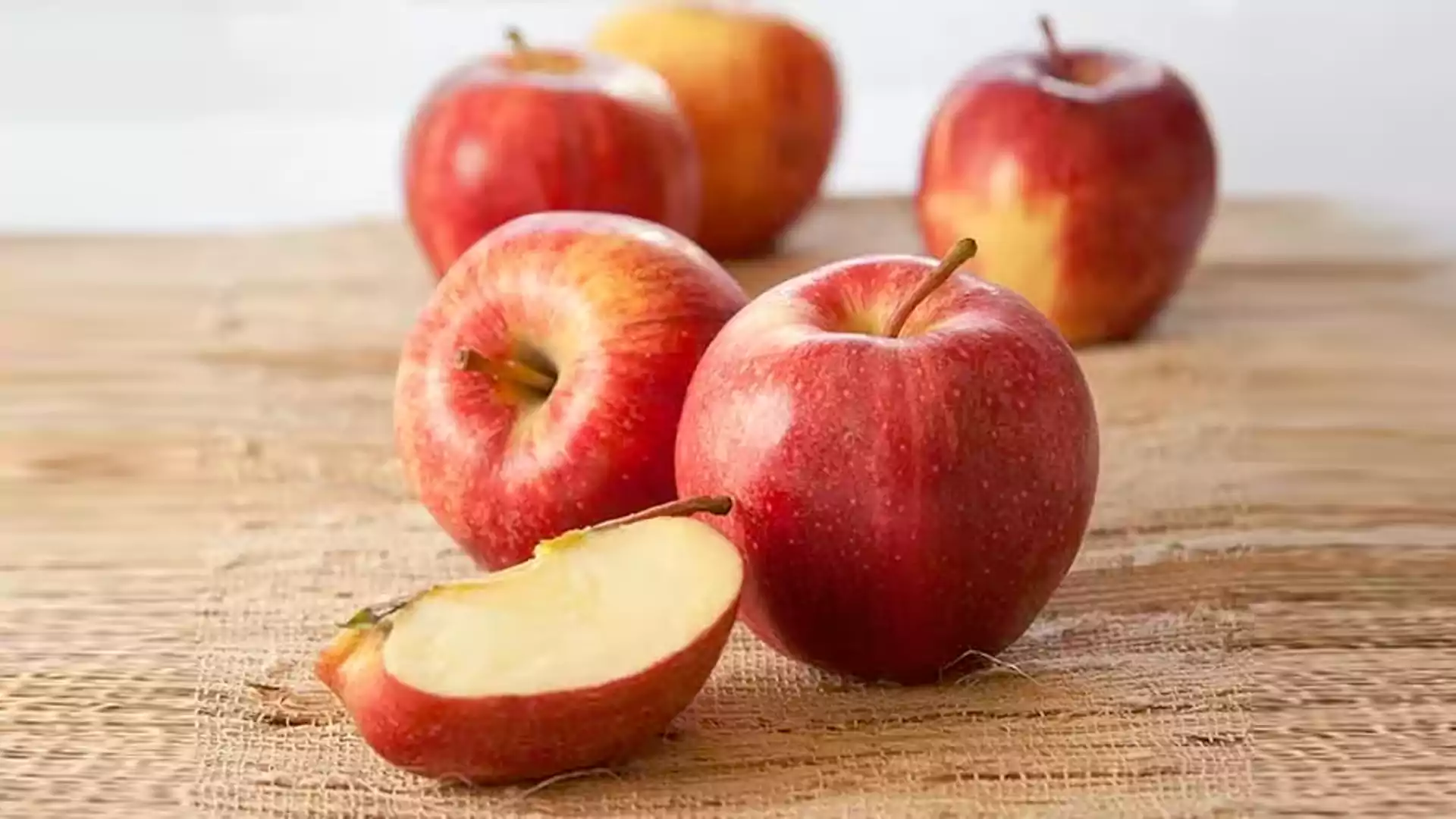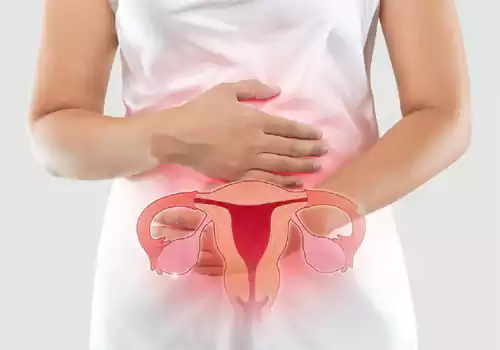Fasting as a Diet
.png)
Fasting on religious festival days have been a common feature in our Indian Homes and still are prevalent. Apart from the religious benefit associated with it they also help in reducing weight and are known to help in cleansing our systems. The 40-day fasting periods are suppose to have great impact on weight loss and have been scientifically proven also.This diet has also been ranked No. 28 of 31 on U.S. News's Best Overall Diet rankings list. The theory behind it is that our bodies were programmed for periods of feast and famine. As such, we should recreate these feast and famine days in order to lose weight and live a longer life.
Called The Fast Diet where dieters select two non-consecutive days each week to eat 500 or 600 calories, depending if they're a man or woman. On fasting days, low-glycemic-index and low-glycemic-load foods are recommended since they take longer to digest, which in turn makes you feel more satisfied. Recommended foods include vegetables, nuts, seeds, legumes (including beans and lentils), and some fruit. Dieters are recommended to follow their regular exercise regimen during fasting days. During the remaining five non-fasting days, you can eat whatever you wish.
Side effect and issues
• Much of the scientific evidence regarding intermittent fasting is controversial.
• With sub-optimal calories consumed twice a week, you may become deficient in several important nutrients.
• Eating so few calories can result in uncomfortable side effects such as headaches, irritability and hunger.
• Lifelong healthy eating habits aren't promoted.




